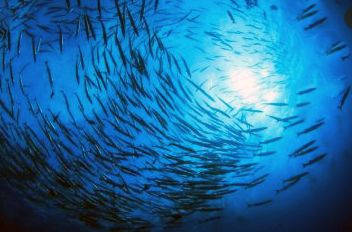The Department of Agriculture’s Bureau of Fisheries and Aquatic Resources (DA-BFAR) is strongly committed to fulfilling its mandate of ensuring food security especially in this challenging time of the COVID-19 pandemic, alleviating the economic conditions of the fisheries sector especially the fisherfolk, and addressing illegal, unreported and unregulated (IUU) fishing among other challenges, that continue to hound the Philippine fisheries sector.
In provinces and coastal communities facing the West Philippine Sea, DA-BFAR, through its regional offices, has been providing the necessary interventions under programs like fisheries development, fisheries regulation, law enforcement, and fisheries extension programs. More than Php73M of livelihood implements and technology projects were turned over by BFAR Region I to fisherfolk and other fisheries stakeholders in Pangasinan.
BFAR Region III, on the other hand, has been distributing fish aggregating devices or “payaos” and fishing vessels to fisherfolk in the 14 local government units of Zambales since 2016.
In addition, BFAR Region III has an open line with fisherfolk and commercial fishing vessel operators from the provinces of Bataan and Zambales, among others, in order to monitor and assess the situation in these fishing areas. DA-BFAR will continuously enforce programs that will benefit our fisheries and aquatic resources and the fisherfolk in coastal communities along the West Philippine Sea. The Bureau also reiterates Agriculture Secretary William Dar’s statement that encourages unity and a whole-of-nation approach to uphold our rights over the West Philippine Sea and our Exclusive Economic Zone.
In parting, we remain committed to our mandate to address IUU fishing in Philippine waters in support of the UN Sustainable Development Goal No. 14 in protecting and conserving our oceans while we continuously advocate for science-based fisheries management and development.
